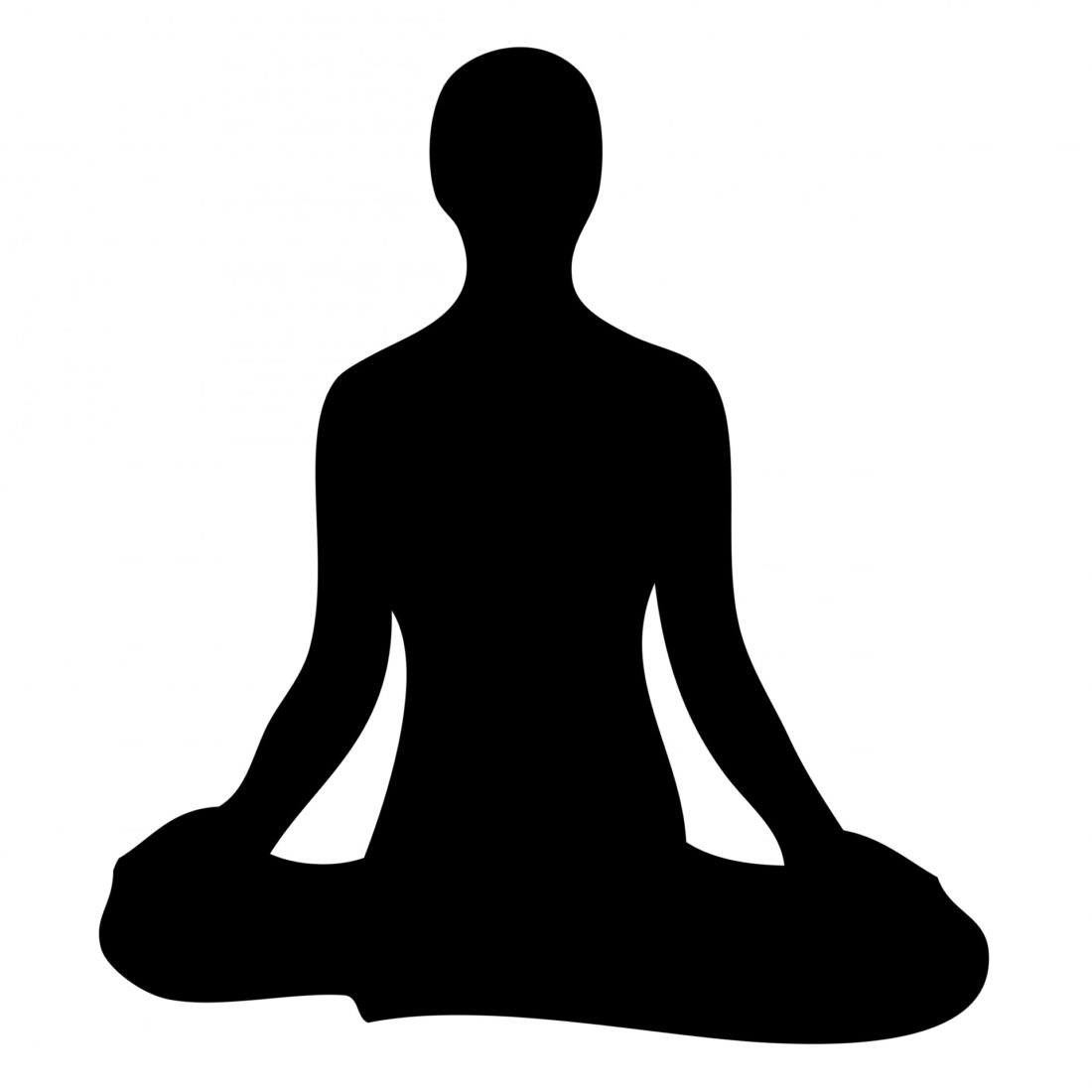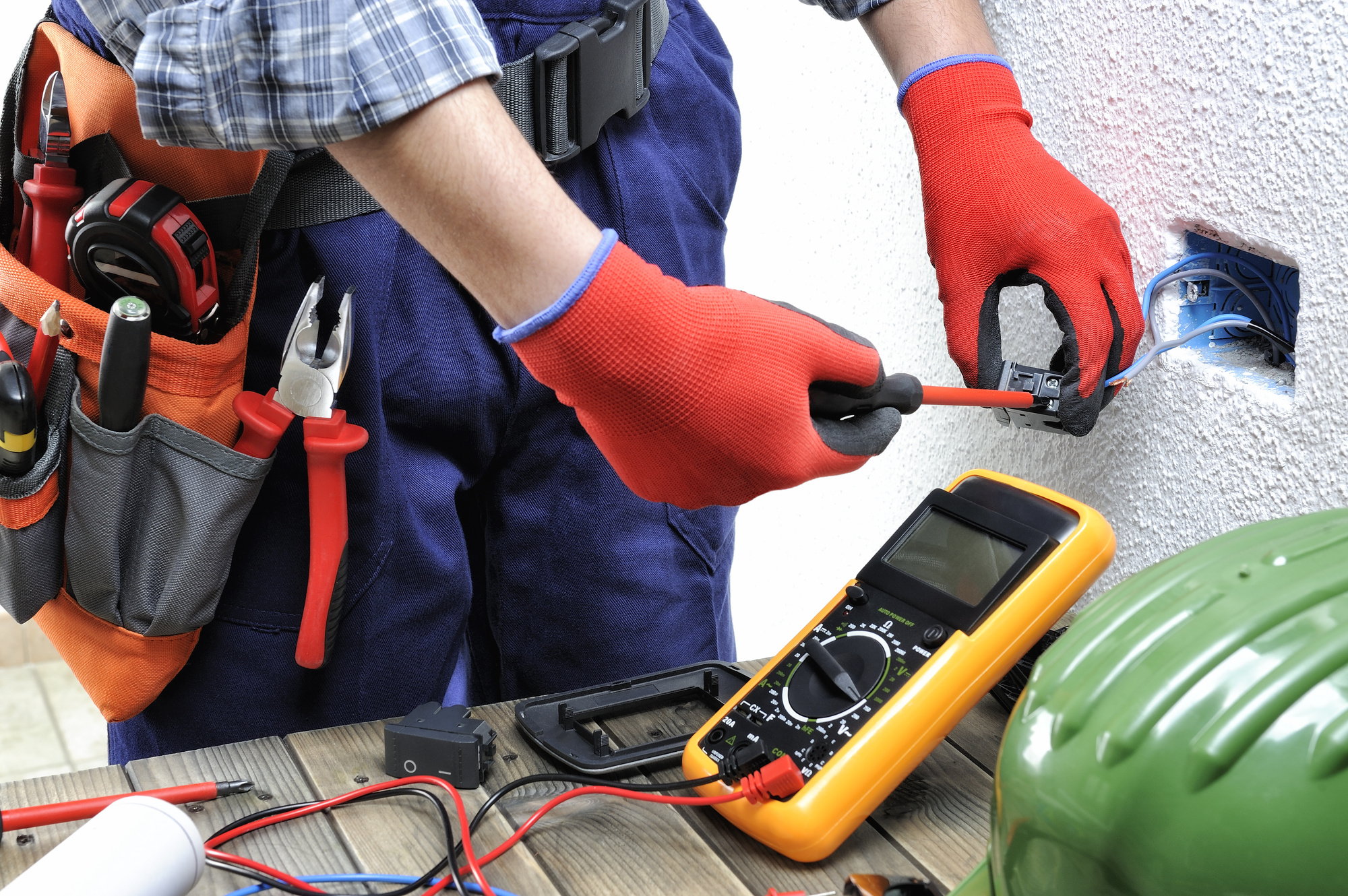How to Identify Your Personal Meditation Style
A lot of people want to learn how to meditate, as explained on 마음수련 명상하는법. People have different motivators for that. They want to become more psychic, want to receive guidance, want to make the right choices, heal themselves, or generally just live a better life. Indeed, all of those things can be addressed through meditation.

What Is Meditation?
Simply put, meditation is the driving force in enabling you to achieve your goals. Everybody has a mindset and, without meditation, this mindset becomes “fixed”. This means they believe what their subconscious tells them and, more often than not, this is negative. It is clear why this happens: we live in a fast paced world where everything has to be done yesterday, something that we simply cannot sustain. And because we hence fail often, we start to believe that we are failures. Meditation addresses this, and changes it.
Meditation is not, necessarily, about giving away all your worldly possessions and spending the rest of your life sitting underneath a tree, eating only the fruits that fall in your lap, while pondering the vastness of the universe – unless that is what your goal in life is. Meditation is about achieving your goals, whatever those may be. It is about calming yourself down, so you can take a fresh look at your life and see what you need to do in order to improve yourself.
How Do You Meditate?
There are no rules on how to meditate. Some feel most comfortable sitting in the Lotus position in a field, enjoying the silence except for the sounds of nature. Others prefer to lie down in bed at the end of the day and play soothing music. Others like to sit in a bath and listen to the sounds of whales. Everybody has their own preferences. It is about finding a position and atmosphere in which you are 100% comfortable, so that you don’t find yourself distracted by the world around you.
Meditation is, very simply, about thinking of nothing. This is incredibly difficult to achieve and it is said that, if you manage it, you will have achieved enlightenment. When you first start with meditation, you will likely find that thoughts keep entering your mind. Once you notice that a thought has entered your head, whether that is immediately or after 10 minutes, you should simply let it flow away. The easiest way to do this is by concentrating on your breathing. What you will find is that, after some time, thoughts will enter your mind less and less frequently and, when they do, they won’t linger as long anymore.
You must learn to become your own guide. You will know how often you need to meditate and how long for. Listen to your own body, and your own mind and soul. In so doing, you will be able to get the most out of meditation, and you will see your life change for the better.









